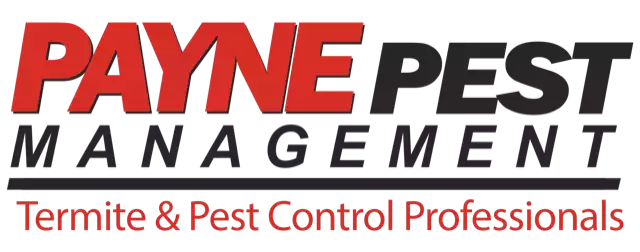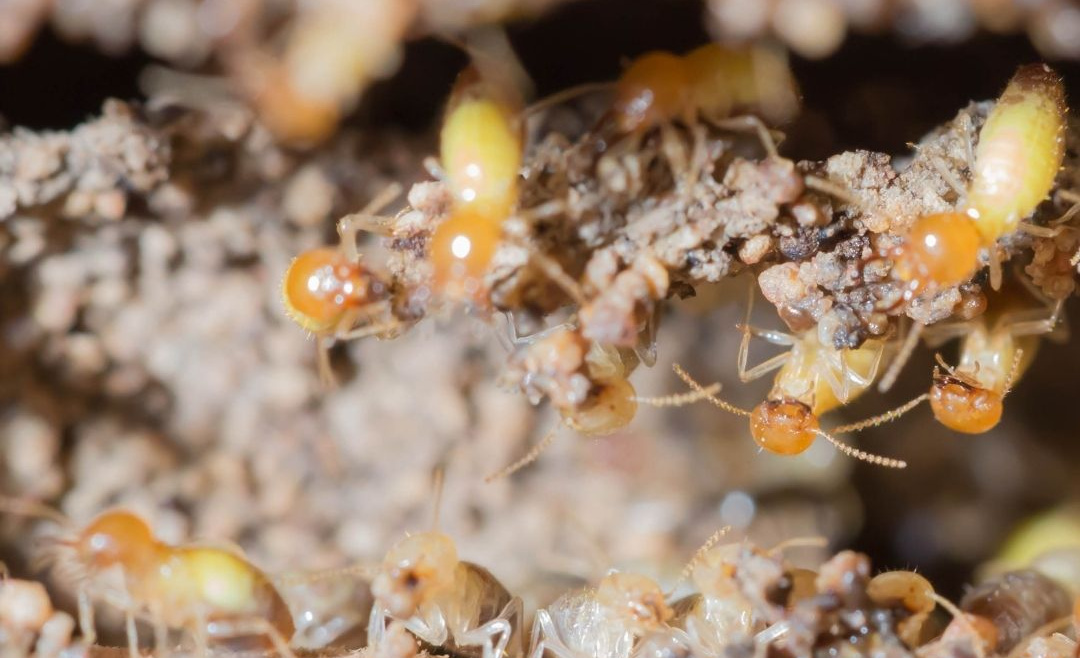Termites may be tiny, but their impact on your home can be monumental—and not in a good way. These “silent destroyers” can compromise the structural safety of your property without you noticing until it’s too late. But what if we told you that preventing termite infestations isn’t just possible, but straightforward with the right preparation and professional help? At Payne Pest Management, protecting your home or business from termites is our specialty.
Whether you’re worried about existing damage or just want to stay ahead of the game, this guide will arm you with actionable tips and insights to keep termites off your property for good.
Why Termite Prevention Matters
Termites are more common in Southern California than most people realize. They thrive in our warm climate and can cause an impressive amount of damage in a surprisingly short period. Here’s why prevention should be a priority for every homeowner and business owner in our area:
- Expensive Repairs: Termites damage wood structures by feeding on them from the inside. Repairing this type of damage can cost thousands of dollars.
- Decreased Property Value: Often, termite damage isn’t discovered until you’re in the process of selling your property. A termite infestation can be a dealbreaker for potential buyers.
- Home Safety: Termite-damaged wood may not always be visible, but it can significantly impact the safety and stability of your floors, walls, and ceilings.
The good news? By taking the right steps, you can drastically reduce your chances of facing a termite infestation.
Tips for Keeping Your Property Termite-Free
1. Address Moisture Issues
Termites love moisture—it’s their lifeline. Preventing excess moisture in and around your home can make it far less attractive to termites.
- Fix leaky faucets, gutters, and pipes.
- Maintain proper drainage in your yard, and keep the foundation of your home as dry as possible.
- Consider a dehumidifier for especially humid areas like basements or crawl spaces.
2. Keep Wood Away from the Foundation
Dead wood serves as an open invitation for termites. If you have firewood, tree stumps, or scrap wood, store or remove them properly.
- Keep firewood off the ground and at least 20 feet away from your house.
- Trim back any branches or shrubs that touch the exterior of your home.
- Clear away any dead plants, leaves, or debris that accumulate near your foundation.
3. Seal Entry Points
Termites can fit through even the smallest cracks. Sealing gaps in your home is one of the simplest and most effective ways to keep them out.
- Inspect your foundation for cracks and have them professionally sealed.
- Check areas around pipes, vents, and utility lines for gaps and protect them with termite-resistant materials.
- Install fine mesh screens on vents and windows to block termite access.
4. Use Termite-Resistant Materials
If you’re building or remodeling, consider termite-resistant materials for protection that lasts decades.
- Use concrete, metal, and pressure-treated wood in construction.
- Apply protective coatings to prevent termites from chewing through natural wood.
5. Schedule Regular Inspections
Termite activity isn’t always visible to the untrained eye. That’s why regular professional inspections are key to catching infestations early and saving on costly repairs.
Payne Pest Management offers top-tier termite inspections for both residential and commercial properties in Southern California. Our trained professionals will identify risks and recommend preventive measures you can take—giving you peace of mind year-round.
6. Partner with Payne Pest Management
DIY termite prevention can only go so far. For complete protection against termites, a professional pest control plan is essential. At Payne Pest Management, we specialize in custom termite solutions, including fumigation and eco-friendly options.
Our team uses cutting-edge tools and techniques to ensure your property stays safe, healthy, and termite-free. When you partner with us, you’re working with one of the top 100 pest control companies in the United States—a family-owned business trusted by Southern California homeowners and businesses since 2006.
What to Do If You Suspect Termites
Think you might already have termites? Here are a few warning signs to watch for:
- Swarmers or Discarded Wings: These tiny winged insects are often the first visible sign of a termite infestation.
- Mud Tubes: Subterranean termites create pencil-sized mud tubes on walls or foundations to travel between their nests and food sources.
- Hollow-Sounding Wood: Tap on wooden surfaces. If it sounds hollow, termites might have eaten away the inside.
- Frass: This is the name for dry, wood-colored termite droppings that often look like sawdust.
If you notice any of these signs, don’t wait. Termite damage can escalate quickly. Contact Payne Pest Management at 1-877-277-3970 for an inspection and swift treatment options.
Why Choose Payne Pest Management?
- Proven Expertise: Named by Pest Control Technology as one of the largest pest control companies in the nation.
- Comprehensive Services: We offer everything from termite fumigation and eco-friendly solutions to customized pest control plans for homes and businesses.
- Local Team You Can Trust: We’ve proudly served Southern California communities—including San Diego, Palm Springs, and Orange County—for over 17 years.
- Customer-First Approach: Our commitment to exceptional service has earned us glowing reviews and loyal clients.
Protect Your Property Today
Termite prevention doesn’t just save you money—it protects your peace of mind. By staying proactive and partnering with experienced professionals like us, you’ll ensure your property remains secure for years to come.
Request your free quote today at www.paynepestmgmt.com or give us a call at 1-877-277-3970. Together, we’ll take the pain out of pest control!







